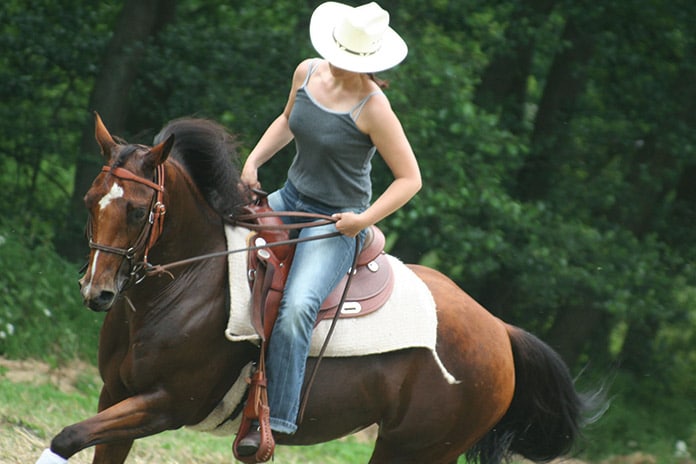Course Description
Standing posture is a window into the function and integration of animals’ complex neuro-musculoskeletal system, and affects athletic performance, sympathetic tone and overall well-being. For dogs, especially larger breeds, maintaining a neutral standing posture can minimize risks for musculoskeletal injury.
Things to Learn
In Part Two, we will learn why domestic animals often have abnormal compensatory posture, the clinical consequences, and how veterinarians can help horses and dogs achieve neutral posture.
About Instructor





